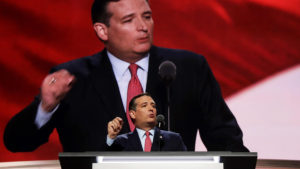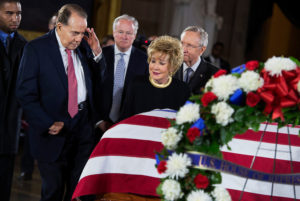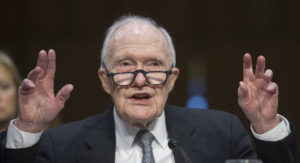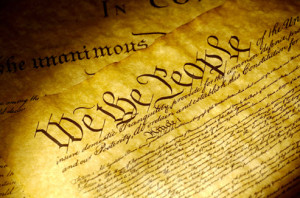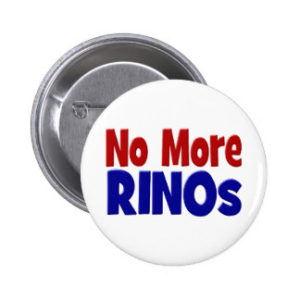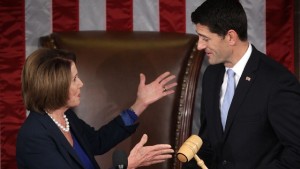Ted Cruz did not endorse Donald J. Trump when he spoke to the Republican National Convention delegates.
No. The junior U.S. senator from Texas spoke about conservative principles, the Constitution and faithfulness to principle.
But he didn’t “say a negative word about Donald Trump.”
Thus, Cruz said this morning in remarks to the Texas convention delegation, he is comfortable with the theme of his speech.
I am scratching my head this morning. I’m trying to shake the cobwebs loose.
I watched most of Sen. Cruz’s speech Wednesday night. I waited for the “Therefore, I intend to endorse …” moment. It didn’t come.
And when Cruz finished his speech, the hoots and jeers from the convention floor drowned out whatever cheers were coming from the floor.
My question this morning centers on this issue: If you’re a presidential nominee and you are in charge of the convention agenda, don’t you want to be sure that if your chief challenger is going to speak to the convention — during prime TV time — that the challenger endorses your candidacy?
So, this morning the punditry across the country isn’t talking about vice-presidential nominee Mike Pence’s remarks at the end of the evening. We’re talking instead about what Ted Cruz didn’t say.
I get that this isn’t the first example of challengers failing to endorse their party’s nominee at the convention. Ronald Reagan’s speech at the1976 GOP convention didn’t exactly offer a ringing endorsement of President Ford; Nelson Rockefeller was booed during his entire speech by Barry Goldwater delegates at the 1964 GOP gathering; Ted Kennedy finished his 1980 speech at the Democratic convention without endorsing President Carter and then was chased around the stage as Carter sought to raise his hand in that symbolic pose.
Trump has campaigned on his take-charge, can-do approach to everything.
He hasn’t taken charge of the political convention that has nominated him to run for president of the United States.
